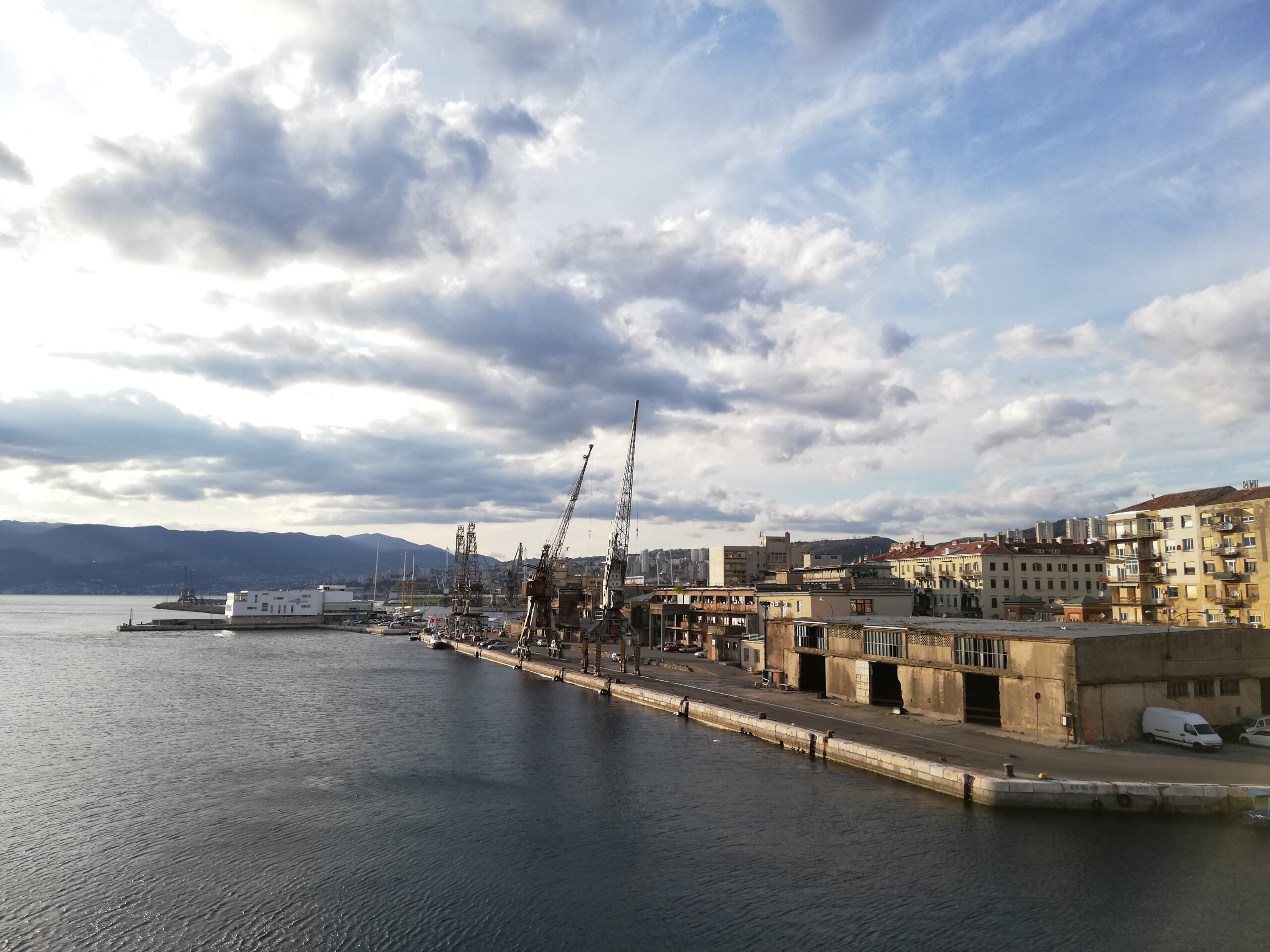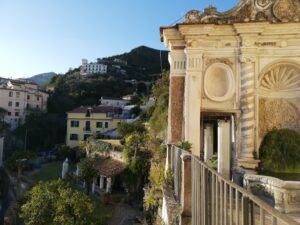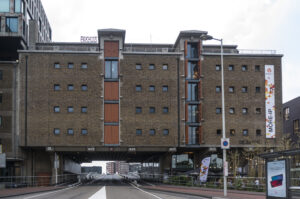
05Aug
Ready, NOT-steady, action! Co-creating a new circular life for cultural heritage sites
After a three-year participatory process, the cities of Salerno and Rijeka, Västra Götaland region and Pakhuis de Zwijger cultural organisation have released their Local Action Plans for Adaptive Reuse of Cultural Heritage. Take a glimpse at the outcomes here and discover useful tools and tips to replicate their experience and develop your own plan here.
Adaptively reusing cultural heritage not only reduces waste, raw material consumption and energy use, but it also reuses knowledge, preserves tangible and intangible heritage elements (like traditional construction methods, materials, and processes), engages a wider support community for long-term custodianship, and fosters new synergistic business, finance and governance partnership models.
A unique approach to address adaptive reuse of cultural heritage in a circular way was developed and tested as part of the CLIC project. It brought together unlikely stakeholders in a structured process through local Heritage Innovation Partnerships (HIPs) in four pilot areas, to harvest knowledge about local cultural assets, test project-developed tools and methods, and propose mutually-agreed upon pathways to transform a defunct cultural heritage asset into a new living system.
The co-creation process resulted into the development of their respective Local Action Plans for Adaptive Reuse of Cultural Heritage (LAP). All four LAPs are available in the report: CLIC Pilot Local Action Plans: One Approach, Diverse Outcomes.
Proposed pathways have been as diverse as the pilot areas:
- City of Salerno (Italy): proposed the approval of a “Regulation for the Shared Management of Cultural Heritage as Common Good” and the creation of Circular City/Urban Regeneration Office as part of the municipality.
- City of Rijeka (Croatia): issued the Cultural Corridor concept and tested Urban Seeding as a urban regeneration innovative tool.
- Pakhuis de Zwijger (The Netherlands): pivoted the plan into a Post-COVID-19 resilience strategy, proposing new governance arrangements strengthening collaboration networks with other institutions in the neighbourhood.
- Västra Götaland region (Sweden): planned among its actions to create a regional network for property owners and to increase knowledge regarding biological remediation of contaminated soil.
ICLEI Europe, coordinator of the HIP process, has developed a Local Action Guide: Collaborative Approaches to Adaptive Reuse of Cultural Heritage, as a catalogue of tools, learnings and recommendations, for other city-leaders that want to replicate the experience gaining social, economic and environmental benefits of adaptive reuse of cultural heritage.




